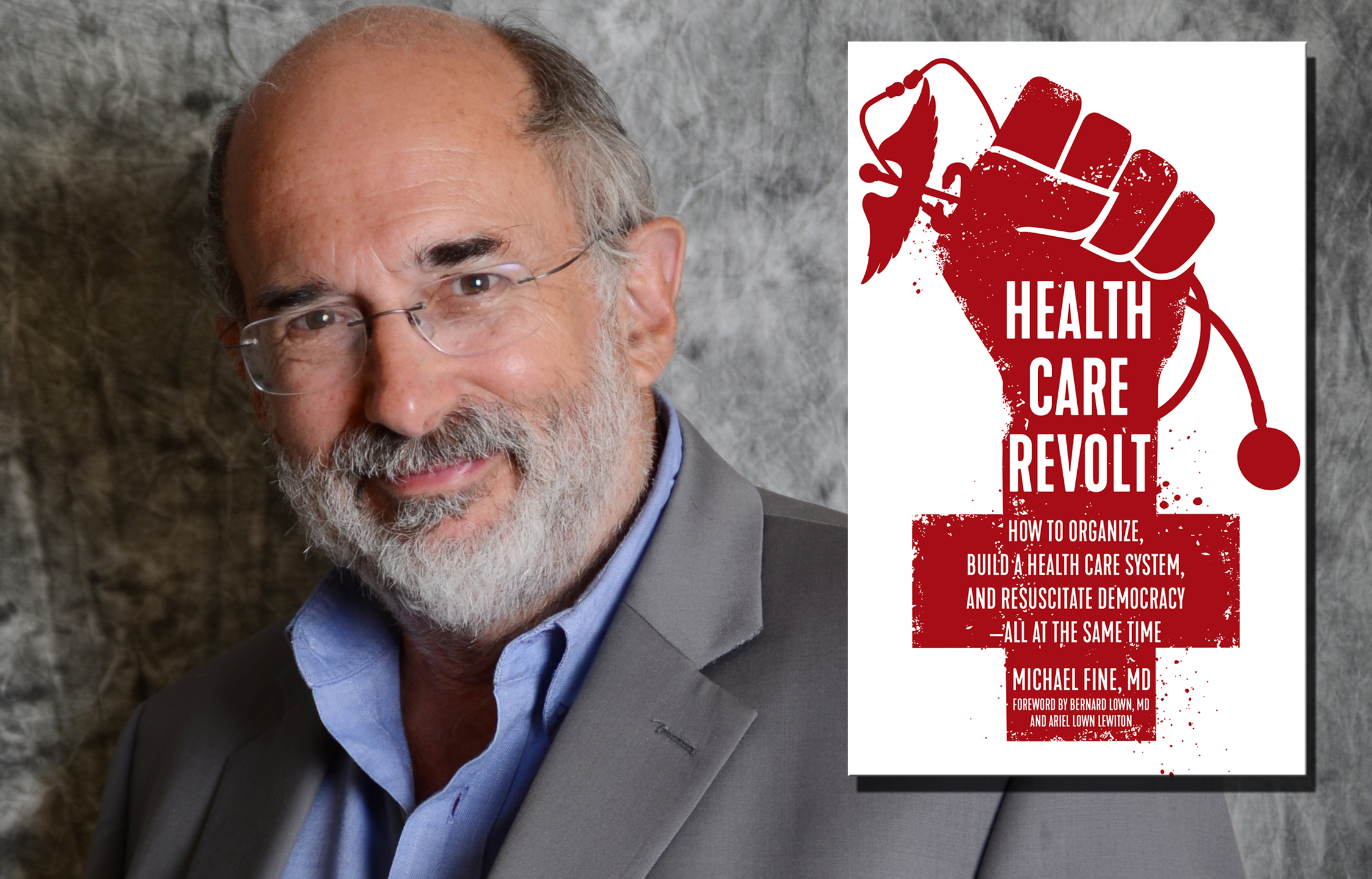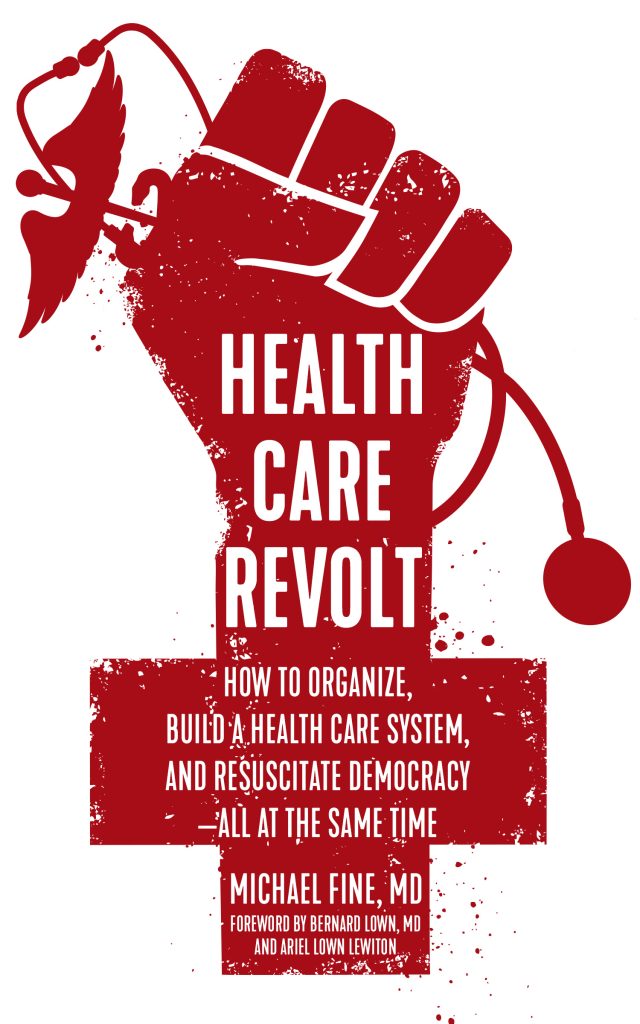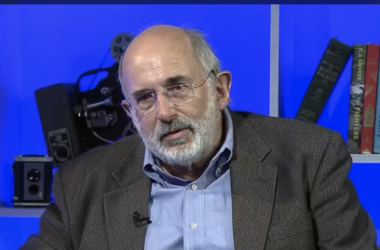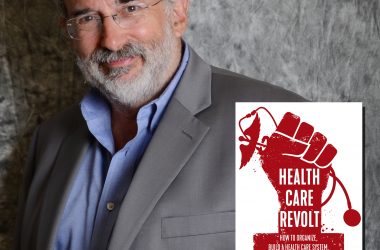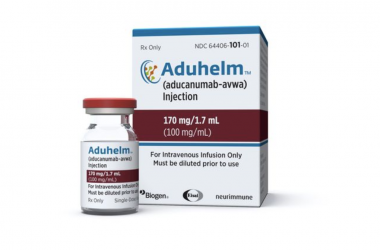By Michael Fine MD
AJPH
April 7th, 2021
One year later, George Floyd’s murder requires reflection from public health. The epidemic of police violence and the criminalization of Black lives have existed for generations. The murder of George Floyd on May 25, 2020 was not new information. It was the same suffering and struggle of one fifth of the population of the United States set against the backdrop of American life: the militarization of that life and of our police, the privatization of our prisons, the debasement of our journalism and our media, the corporatization of our professions, and the commercialization of our culture.
Americans made our biases about race known in the US Constitution, where slaves were counted as three fifths of a person. Racial disparities in health have never been a secret to any public health practitioner or any American. But our biases are so ingrained that too many Americans did not and do not see what is right in front of us. However, departments of health have critical tools we can use to help end racial disparities in health so that we, as a nation, provide optimal health to all Americans.
Boards of all health care organizations and institutions regulated by departments of health should be at least 51% people of color, at least until health disparities are eliminated in each community. The current self-selected boards have failed to achieve equal treatment and equal outcomes. Now is the time to try another approach. Targets and timelines can be used to hold institutions accountable for achieving these goals, with fines and de-licensure the consequences for failure.
Departments of health should also measure, track, and report disparities in access to care and disparities in treatment. Fines and de-licensure should be the consequences for allowing disparities in access and disparities in treatment.
Health professions and health care organizations should have equal employment by race and culture. Public money, via Medicare, Medicaid, the Health Resources and Services Administration, the National Institutes of Health, and the Centers for Disease Control and Prevention, provides most of the revenue for nonprofit health care organizations in the United States. These health care organizations should be held accountable for equal employment, equal treatment, and equal outcomes.
It is long past time to replace spending on unnecessary and for-profit medical care with spending on education, housing, the environment, and community development. Departments of health can use measured health outcomes to confront policymakers with the health impacts of this irrational spending—and help provide optimal health to all Americans in the process.
We cannot bring back George Floyd or the thousands of people who were murdered or lynched by our police or our fellow citizens. We cannot reverse the impact of personal and institutional racism on the health of so many of our fellow citizens. We cannot bring back the hundreds of thousands who died unnecessarily from COVID-19.
But we can change and make the future better than the past.
Michael Fine, MD, is a writer, community organizer, and family physician. He is the chief health strategist for the City of Central Falls, RI, and Senior Clinical and Population Health Services Officer for Blackstone Valley Community Health Care, Inc., and recipient of many awards and prizes for his pioneering work bringing together public health and primary medical care. He was director of the Rhode Island Department of Health, 2011–2015.

